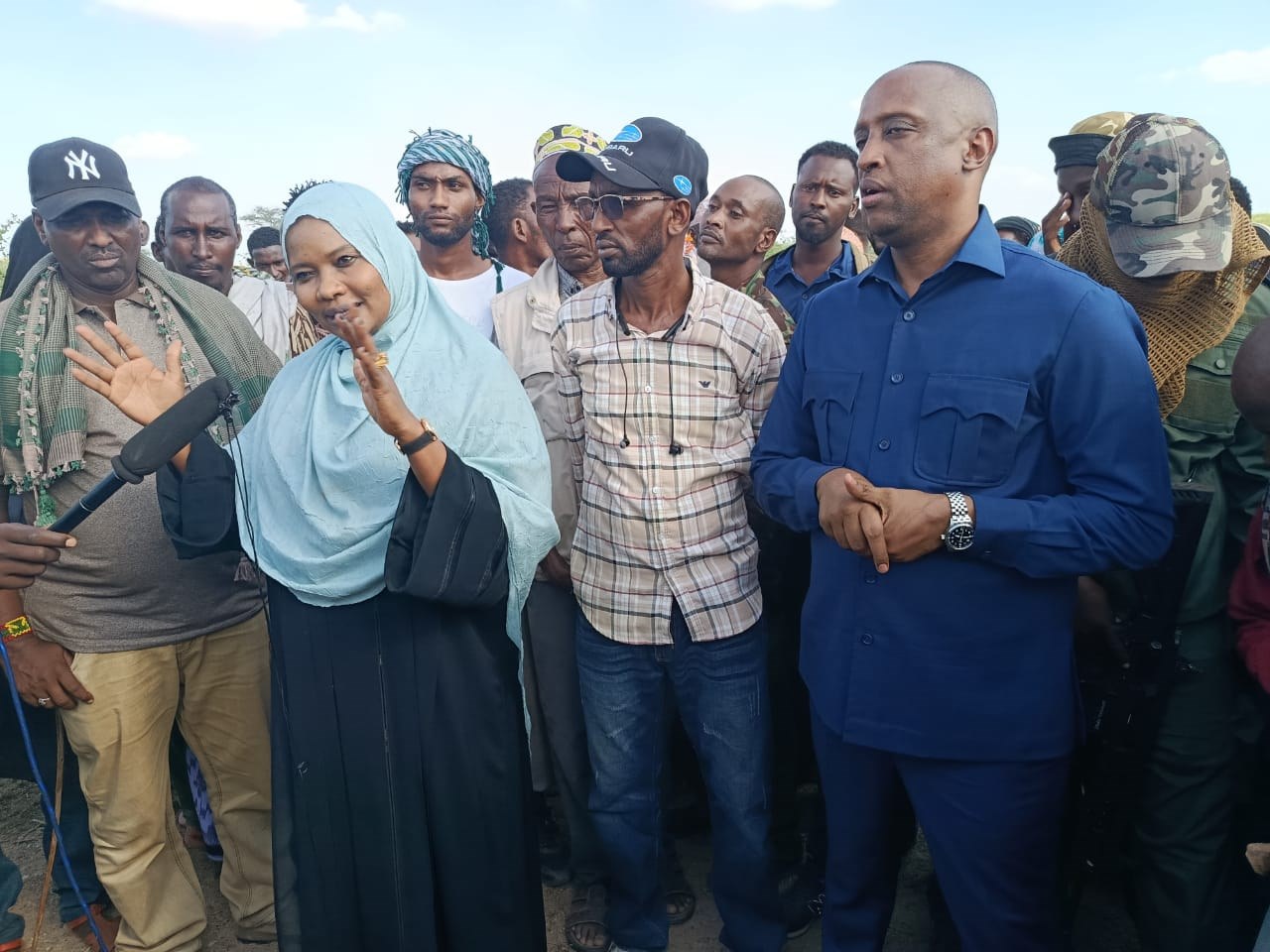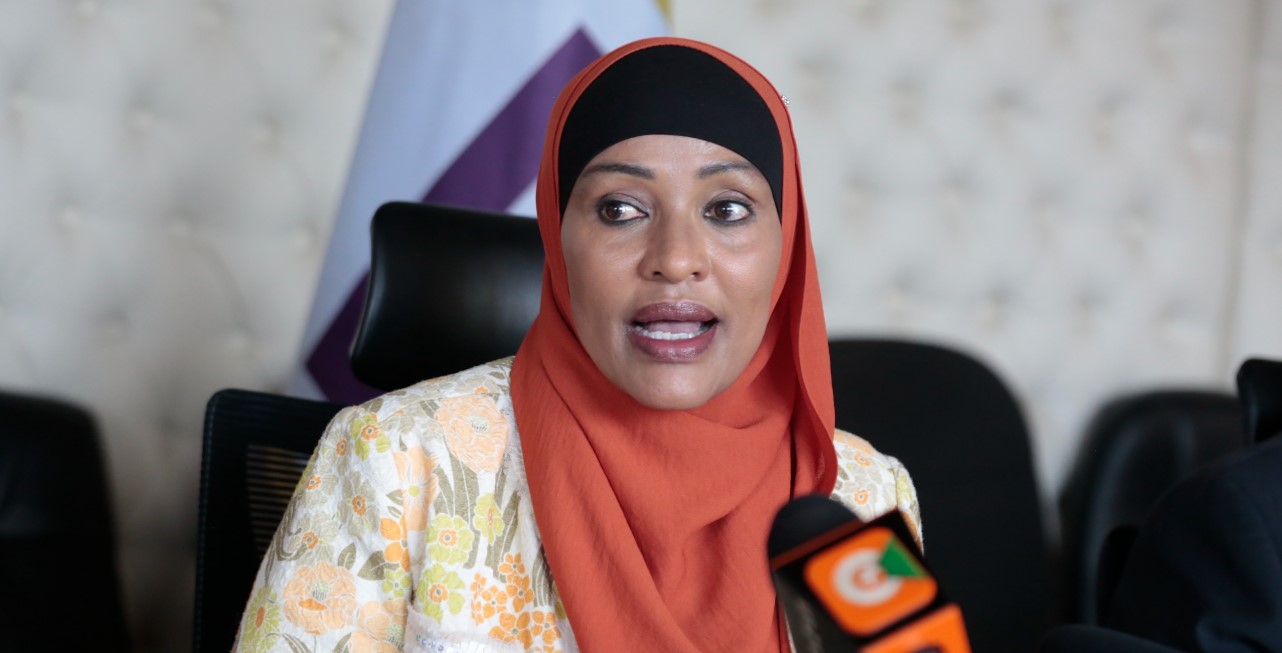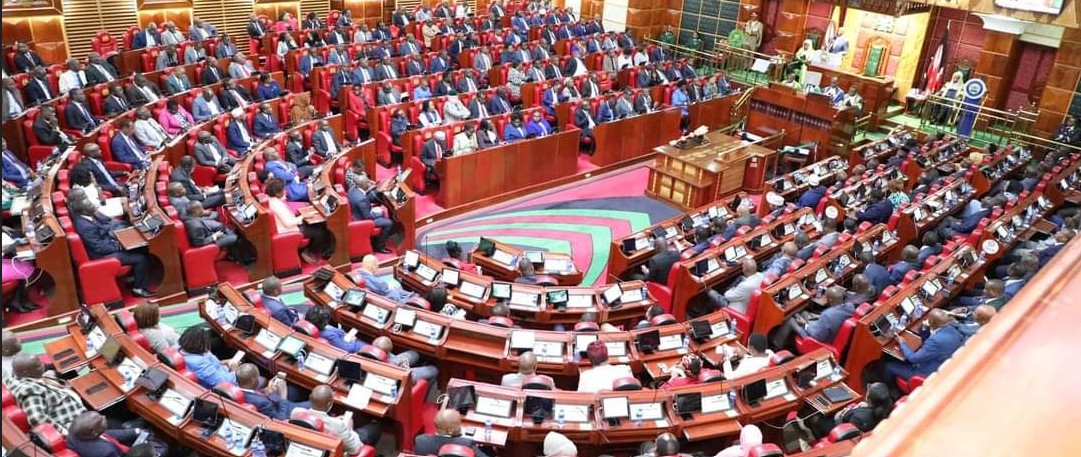Soaring rent and hunger: Stuck at camps after floods, Mathare IDPs struggle to rebuild
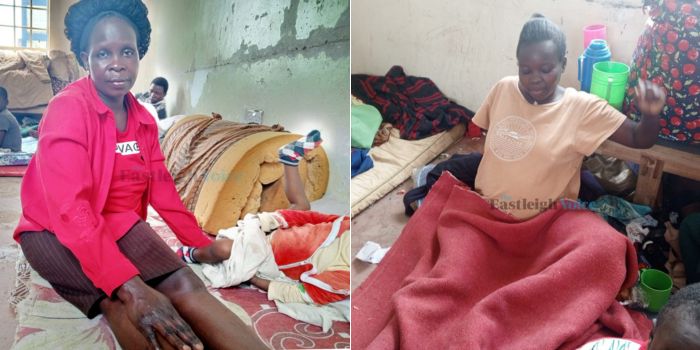
IDPs are grateful for donations from the government and well-wishers, but say jobs would be more helpful to their quest to sustain themselves.
The floods wreaking havoc in Kenya have resulted in numerous challenges, especially for displaced people, many of whom have sought refuge in schools.
In camps for the internally displaced (IDPs) in Mathare, Nairobi, scenes of children left in the care of a few mothers as others relocate have become all too common.
More To Read
- Race against the rains: Nairobi and Kiambu counties rush to unclog drainages and stop flooding
- Sakaja appeals for extra funds to expand Dishi na County to informal schools
- Government activates nationwide emergency response amid heavy rain advisory
- Trapped by rains: Nairobi’s flood victims face another season of uncertainty
- City flooding woes: Sakaja admits Nairobi's drainage system is overwhelmed
- Ombudsman gives KURA ultimatum to fix Nairobi roads amid residents’ complaints
Living in the camp poses significant challenges, particularly with irregular food supplies, with the county government offering only one meal a day, usually lunch.
Patricia Wilberforce, a mother of two sheltering at the Twaweza Pamoja camp in Mashimoni, sacrifices her meals for her children, especially since they lack cooking facilities and cannot supplement what the state gives.
 Patricia Wilberforce, a mother of two sheltering at the Twaweza Pamoja camp in Mashimoni, Mathare Sub-county, following displacement by floods, as pictured on May 6, 2024. (Photo: Charity Kilei)
Patricia Wilberforce, a mother of two sheltering at the Twaweza Pamoja camp in Mashimoni, Mathare Sub-county, following displacement by floods, as pictured on May 6, 2024. (Photo: Charity Kilei)
Patricia must also think about securing her next home, a tough circumstance as the sharp increase in rent in the Mabatini area of Mathare has left many feeling overwhelmed and uncertain about life beyond the IDP camps.
"The struggle to afford soaring rents is hitting me hard, with prices now ranging from Sh5,000 to Sh8,000, not to mention the deposit required. I used to pay just Sh2,500 for my previous accommodation," Patricia, who has been at the camp for three weeks now, tells The Eastleigh Voice.
"We're hoping the landlords see things from our perspective. It's been a real struggle for all of us. We're asking for a bit of understanding, especially during this rough time. Having a stable place to call home means the world to us, especially now that everything else feels so uncertain."
Patricia says well-wishers have stepped in, providing bedding and other items at the camp, which has about 20 people, but that she feels stranded as she's unable to seek work, given her two-year-old baby is sick.
Michael Olaka, also staying at the Twaweza Pamoja camp, also worries about rent.
"The heartache of hearing children cry because they're hungry gets to me. It's something that weighs heavily on all of us here, but without a stable place to live and a steady income, there's not much I can do to ease their pain. It's a tough situation."
Olaka says some well-wishers visited last week and helped pay rent for some people. His plea is for more of this kind of help.
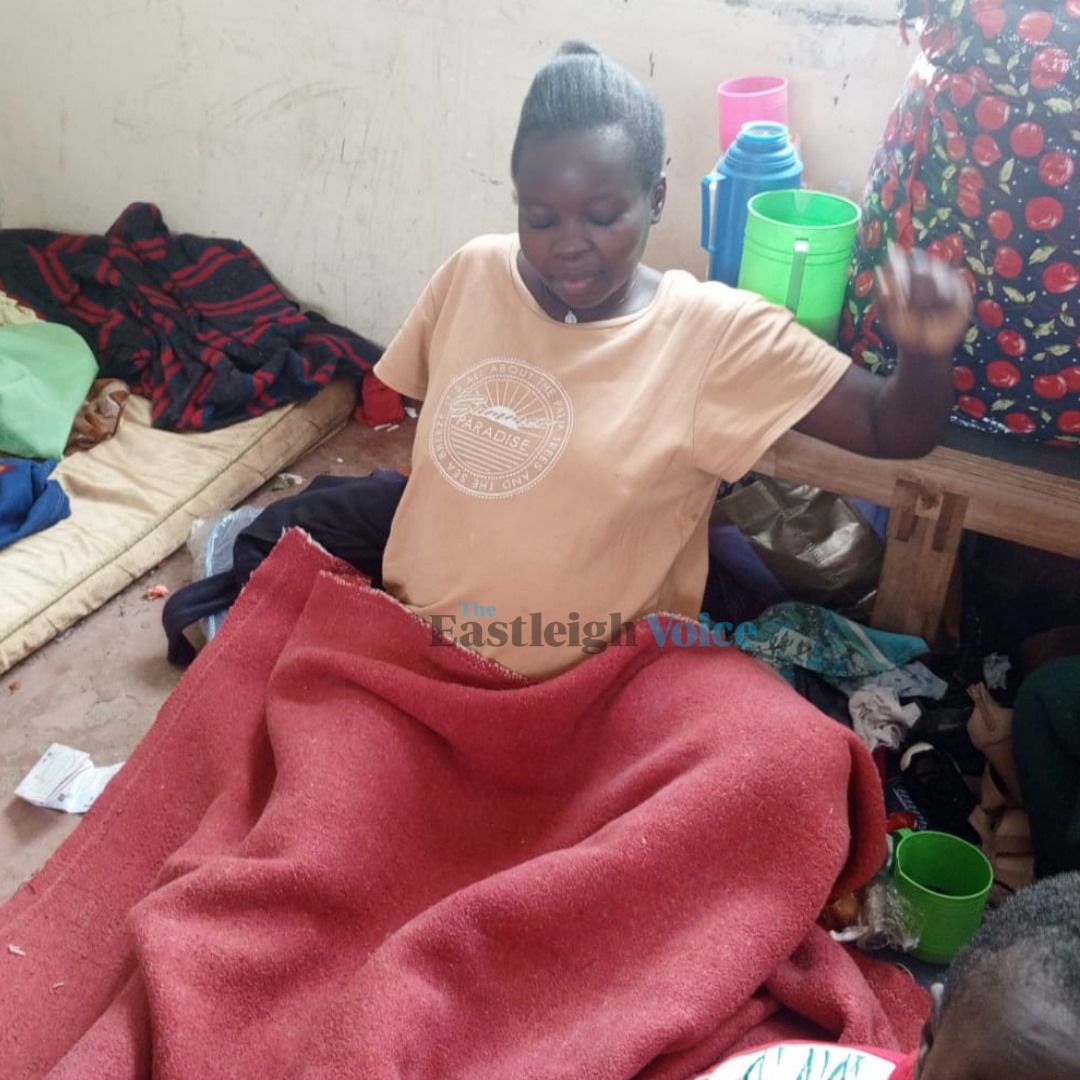 Rebecca Wanakata, a mother of three, is pictured on May 6, 2024, in her temporary housing at the Happy Star Academy camp in Mathare, following displacement by floods. (Photo: Charity Kilei)
Rebecca Wanakata, a mother of three, is pictured on May 6, 2024, in her temporary housing at the Happy Star Academy camp in Mathare, following displacement by floods. (Photo: Charity Kilei)
Limited resources
At the Happy Star Academy camp, also in Mathare, at least 200 families struggle to get by.
Nancy Wawira, a teacher there, notes that with limited resources, it is difficult to ensure everyone is well-fed.
"There are moments when we have maize flour but no vegetables, and it's heartbreaking to imagine children waking up with nothing to eat. It drives us to find ways to help them, no matter what," she says.
"In the past couple of weeks, we've felt the strain as more and more flood victims from our community have sought shelter, but thanks to the incredible support from our school administration and the kindness of other donors, we're managing to pull through."
Camp residents say the county government supplies one cooked meal a day, via the Dishi na County programme.
Nancy further says that with these challenges, most people want to move out of the temporary setup.
"Many of them are manual labourers so they are desperate for a stable income," she explains
Rebecca Wanakata, a mother of three who is pregnant, is also grappling with high rents.
"We used to stay in cheaper houses, paying around Sh2,500 for shacks. I desperately want to move, but we're struggling to raise the rent being demanded," she says, adding that donations so far have been of bedding and clothes.
Rebecca pleaded for an employment opportunity, saying this would grant her stability and position her to better cater to her family's needs.
"We appreciate well-wishers' help but finding a stable job is what we truly need as a long-term solution. It would completely change my life. Right now, with a baby on the way, I have nothing. Everything was swept away."
 A truck used by Nairobi Dishi na County programme, makes its way through Mathare on May 6, 2024, for the distribution of food to flood-displaced people at various camps. (Photo: Charity Kilei)
A truck used by Nairobi Dishi na County programme, makes its way through Mathare on May 6, 2024, for the distribution of food to flood-displaced people at various camps. (Photo: Charity Kilei)
Government promises
As thousands struggle at the camps and worry about their future, what remains to be seen is whether the monthly stipend of Sh10,000 the government promised displaced persons will reach them.
During a visit to the Kiamaiko area in Mathare sub-county, Nairobi, on Monday, President William Ruto announced that 40,000 families displaced by the floods would get the money. The government aims to ease their burden while making plans for their resettlement, he said.
Ruto highlighted the severity of the floods, which had claimed 228 lives as of May 7.
The president further announced that flood-displaced people in the Kiamaiko area would be prioritised in the allocation of 5,000 affordable housing units to be constructed in Mathare, offering a permanent solution to their displacement.
"We have a comprehensive list of evacuees and will support them with three months' rent as the government explores long-term solutions for their housing needs," said Ruto
The distribution of funds will be coordinated by National Government Administration Officers (NGAO), and officials of the National Youth Service (NYS), the National Police Service (NPS), and the Kenya Defence Forces (KDF).
Top Stories Today

